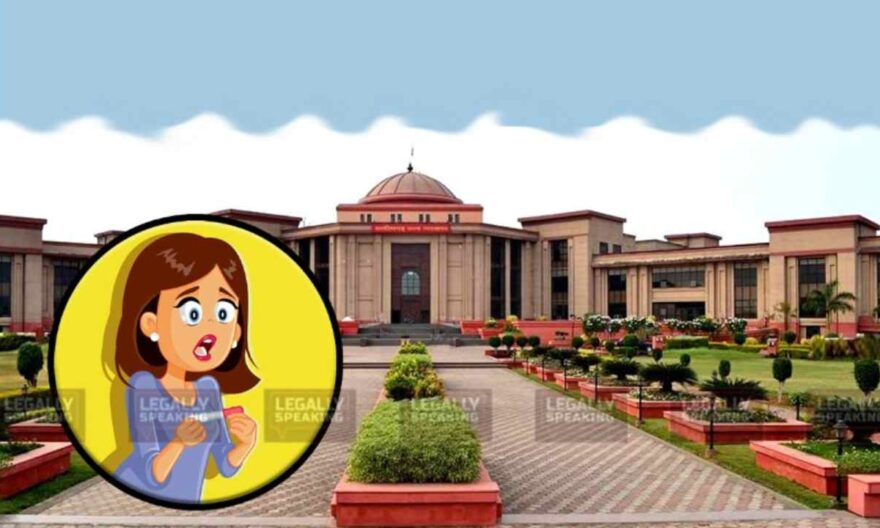
The Chhattisgarh High Court has recently expressed its view that forcing a woman to continue an “unwanted pregnancy” violates her fundamental rights.
In a case involving the medical termination of pregnancy for an alleged minor rape victim, a single-judge Justice P. Sam Koshy remarked:
“It is now an established principle that compelling a woman to proceed with an unwanted pregnancy would violate her fundamental rights. This viewpoint has been adopted by several High Courts in recent times. The right to reproductive autonomy and privacy is considered a fundamental right in India, safeguarded under Article 21 of the Constitution, which guarantees the right to life and personal liberty.”
The petitioner, a minor girl who had allegedly been subjected to rape and subsequently became pregnant, sought medical termination of her pregnancy. However, the medical practitioner she approached verbally declined the request, citing the involvement of a criminal rape case.
Consequently, the petitioner approached the High Court by filing a writ petition, seeking an order for the medical termination of her pregnancy. The State Counsel submitted a report prepared by the Chief Medical Officer, certifying that the petitioner’s pregnancy could be safely terminated.
The single bench acknowledged that Indian courts have recently recognized women’s right to make decisions regarding their own bodies, including the choice to terminate an unwanted pregnancy. The bench asserted that the victim in such cases would undergo significant physical and mental trauma if compelled to endure the full term of the pregnancy.
“The physical and mental trauma would further get enhanced if she becomes a mother. The mental trauma would also be there on the child to be born. One cannot forget the social stigma that would be attached with the victim firstly on becoming pregnant particularly when she is unmarried and secondly after giving birth to the child that social stigma would also be there upon the child born out of such an act all through the life,” the bench stated.
Consequently, the bench concluded that in order to safeguard the petitioner’s overall well-being, both physically and mentally, and recognizing the potential harm and distress that would ensue if the pregnancy were to proceed, it would be appropriate to grant permission for the termination of her pregnancy. In light of this, the writ petition was granted and the petitioner was permitted to undergo the termination of her pregnancy.




